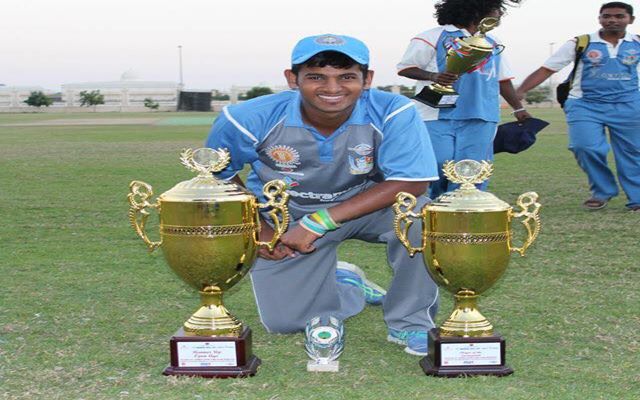Mehar Chhayakar banned for 14 years by Cricket Governing body for match fixing

The Cricket Governing body has handed cricketer of Indian-origin, Mehar Chhayakar, who was formerly based in the UAE, with a ban of 14 years from playing any level of cricket after he was found guilty of seven breaches by the Cricket Canada Anti-Corruption Codes and the Cricket Governing body. Chhayakar was charged under the anti-corruption code of the cricket governing body in 2019 and was handed provisional suspension along with three other players from the UAE. This suspension took place just before the 20-20 World qualifier
Chhayakar was found guilty of fixing matches in the series against UAE and Zimbabwe that was played in 2019 and also in the GT20 League in Canada in the 2019 edition according to the cricket governing body.
“We first encountered Mehar Chhayakar through his involvement in organizing a corrupt cricket tournament in Ajman, in 2018,” said Alex Marshal, ICC General Manager – Integrity Unit. “The charges for which he has now received a lengthy ban are further examples of his continuing efforts to corrupt and damage our sport.
“We will be relentless in pursuing and disrupting the people who try to corrupt cricket. With a ban of 14 years, the Tribunal has sent a clear message to anyone intending to corrupt our game.”
He was found guilty of breaching these codes in relation to match-fixing
Article 2.1.1 (on two separate occasions) – Fixing or contriving in any way or otherwise influencing improperly or being a party to any agreement or effort to fix or contrive in any way or otherwise influence improperly, the result, progress, conduct or any other aspect of any International Match, including (without limitation) by deliberately underperforming therein.
Article 2.1.4 (on two separate occasions) – Directly or indirectly soliciting, inducing, enticing, instructing, persuading, encouraging or intentionally facilitating any Participant to breach any of the foregoing provisions of this Article 2.1.
Article 2.4.6 (on two separate occasions) – Failing or refusing, without compelling justification, to cooperate with any investigation carried out by the ACU in relation to possible Corrupt Conduct under the Anti-Corruption Code (by any Participant), including (without limitation) failing to provide accurately and completely any information and/or documentation requested by the ACU (whether as part of a formal Demand pursuant to Article 4.3 or otherwise) as part of such investigation.
Article 2.4.7 – Obstructing or delaying any investigation that may be carried out by the ACU in relation to possible Corrupt Conduct under the Anti-Corruption Code (by any Participant), including (without limitation) concealing, tampering with or destroying any documentation or other information that may be relevant to that investigation and/or that may be evidence of or may lead to the discovery of evidence of Corrupt Conduct under the Anti-Corruption Code)”.